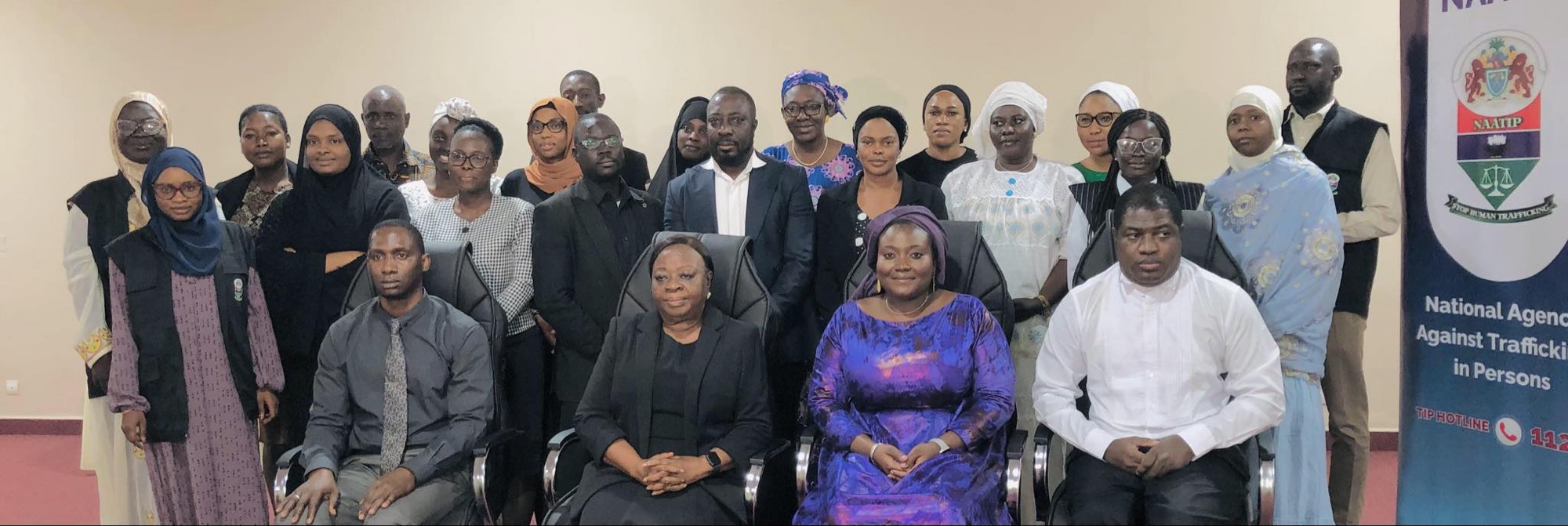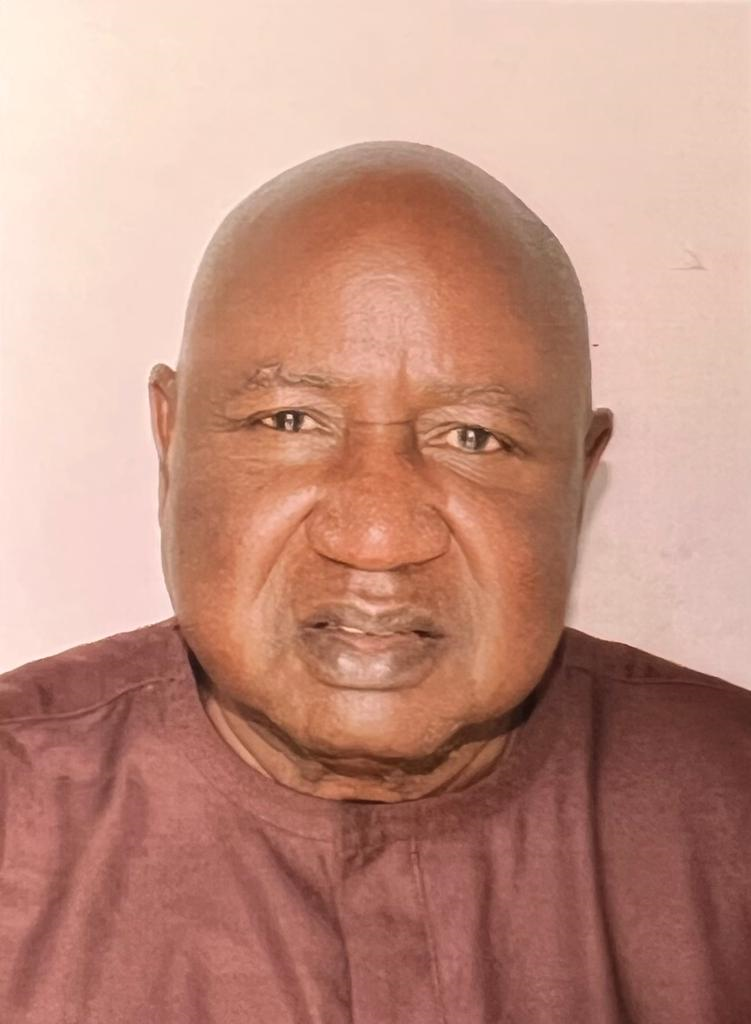By: Nyima Sillah
Supreme Court Judge, Justice Mary Mamyassin Sey has said that judicial officers should strive to maintain consistency in legal decisions.
Justice Sey made this remark on behalf of Chief Justice Assan B. Jallow on Thursday at the forum of magistrates on Trafficking in Persons, organized by the National Agency Against Trafficking in Persons (NAATIP) held at Ocean Bay in Bakau.
“As judicial officers, we should strive to maintain consistency in legal decisions as such is paramount for building public trust in the justice system as well as reducing the likelihood of disparities in sentencing,” Justice Sey remarked in her statement.
She pointed out that human trafficking is a menace to society and its steady rise in The Gambia is apparent in the number of cases currently pending before the courts. “Our judiciary continues to play a key role in ensuring that matters of trafficking in persons are given expeditious hearings.”
The Supreme Court judge explained that human trafficking is a global issue that required a coordinated effort from various stakeholders, including the judiciary, adding magistrates and judges to play a crucial role in combating human trafficking by adjudicating cases and upholding the rights of victims and survivors.
Justice Sey stated that providing magistrates and judges with knowledge about trafficking in person is essential for fostering a legal environment that upholds human rights and ensures justice for victims.
“The ability of magistrates and judges to mete out inappropriate sentences and penalties for traffickers will not be tolerated, especially considering the severity of the crime and factors such as coercion or the exploitation of vulnerable victims,” she asserted.
The Executive Director of NAATIP, Isatou Dabo, stated that the agency does not stop at the office, emphasizing that if the most beautiful investigativereports are presented to the court and the knowledge and understanding of these issues are not passed on to judicial officers then that makes them start from scratch.
“The law will tell you what you are supposed to do, how you are supposed to go about it. The facts will clearly state the consideration to make relating it to what the provisions of the law are but the understanding of the dynamics and the trends of trafficking will go a long way in helping you make these decisions,” Dabo stated.




